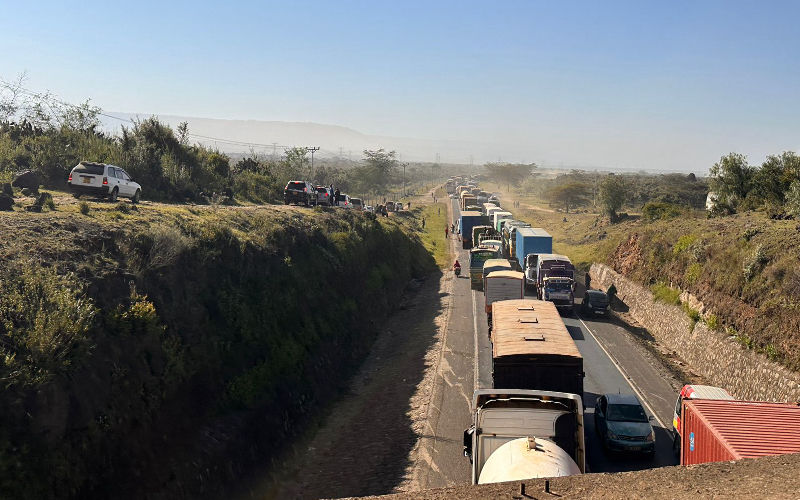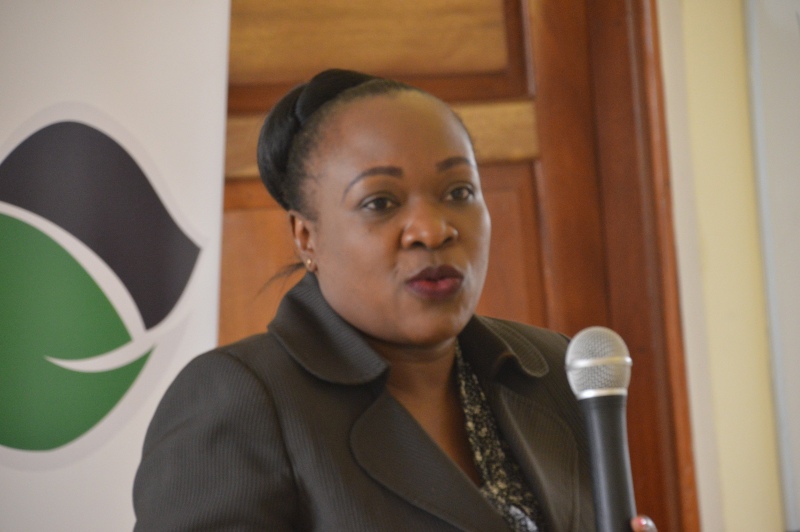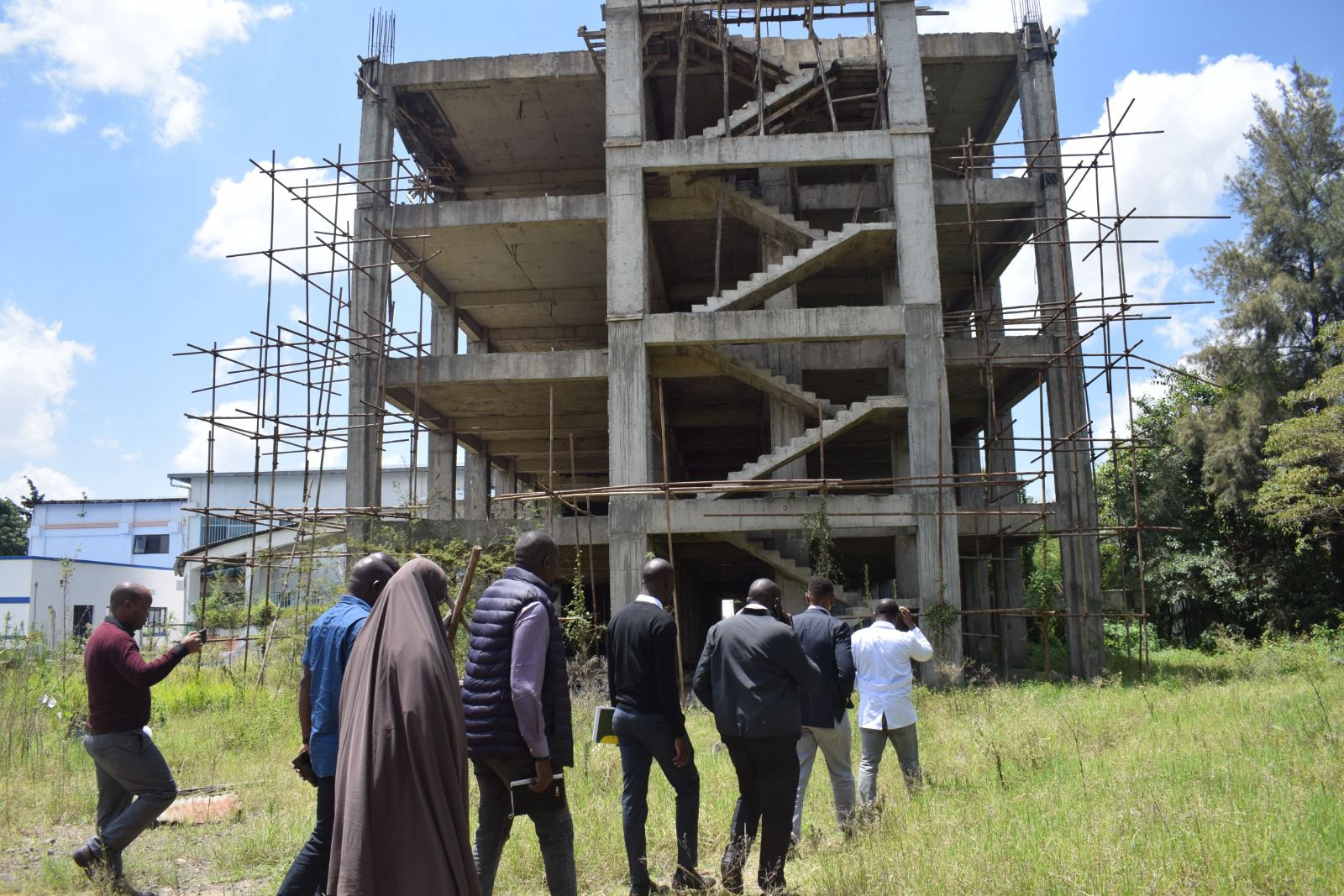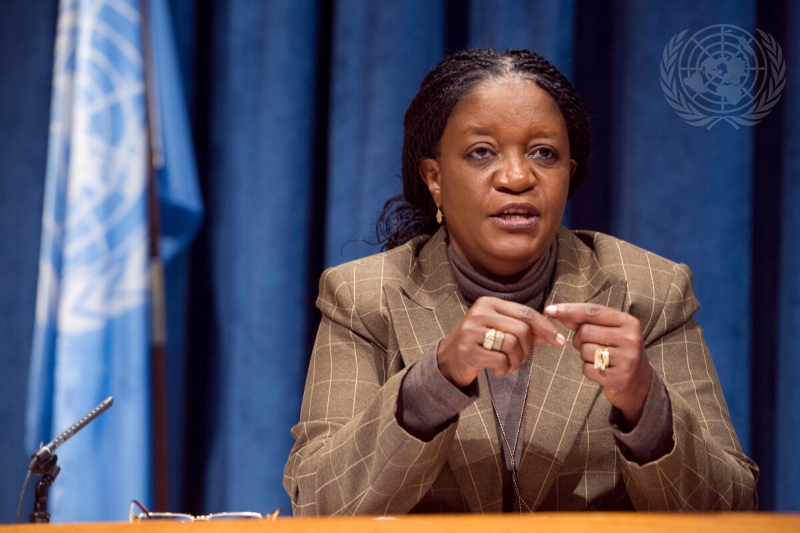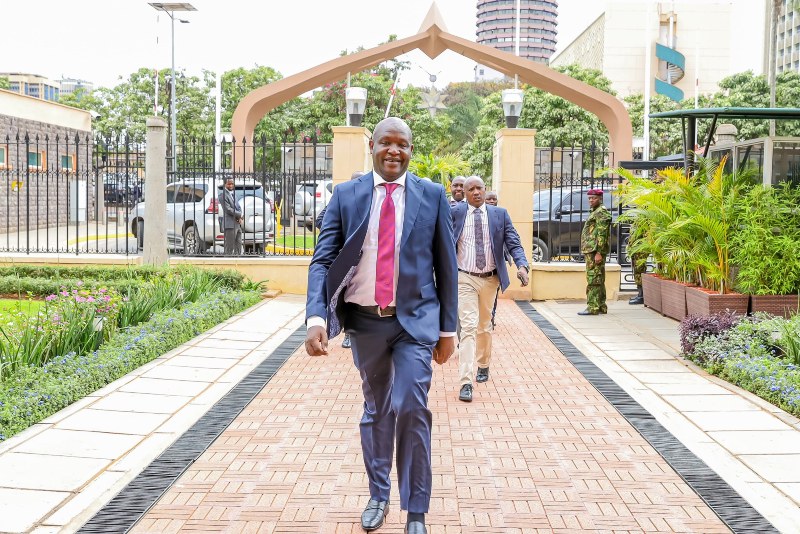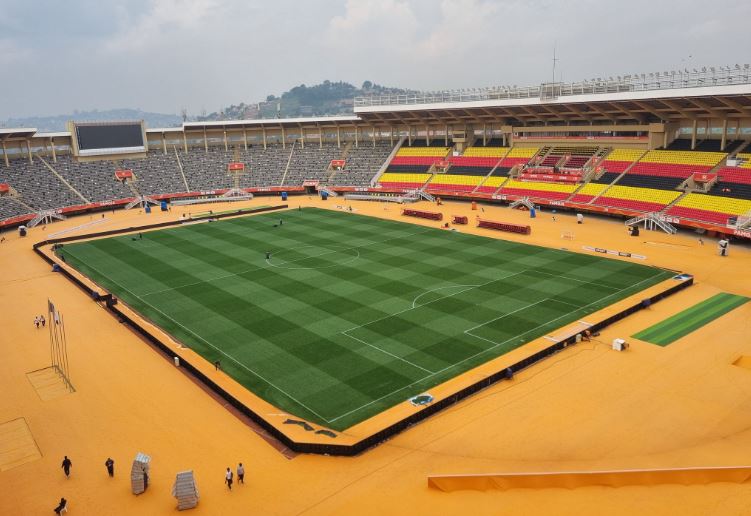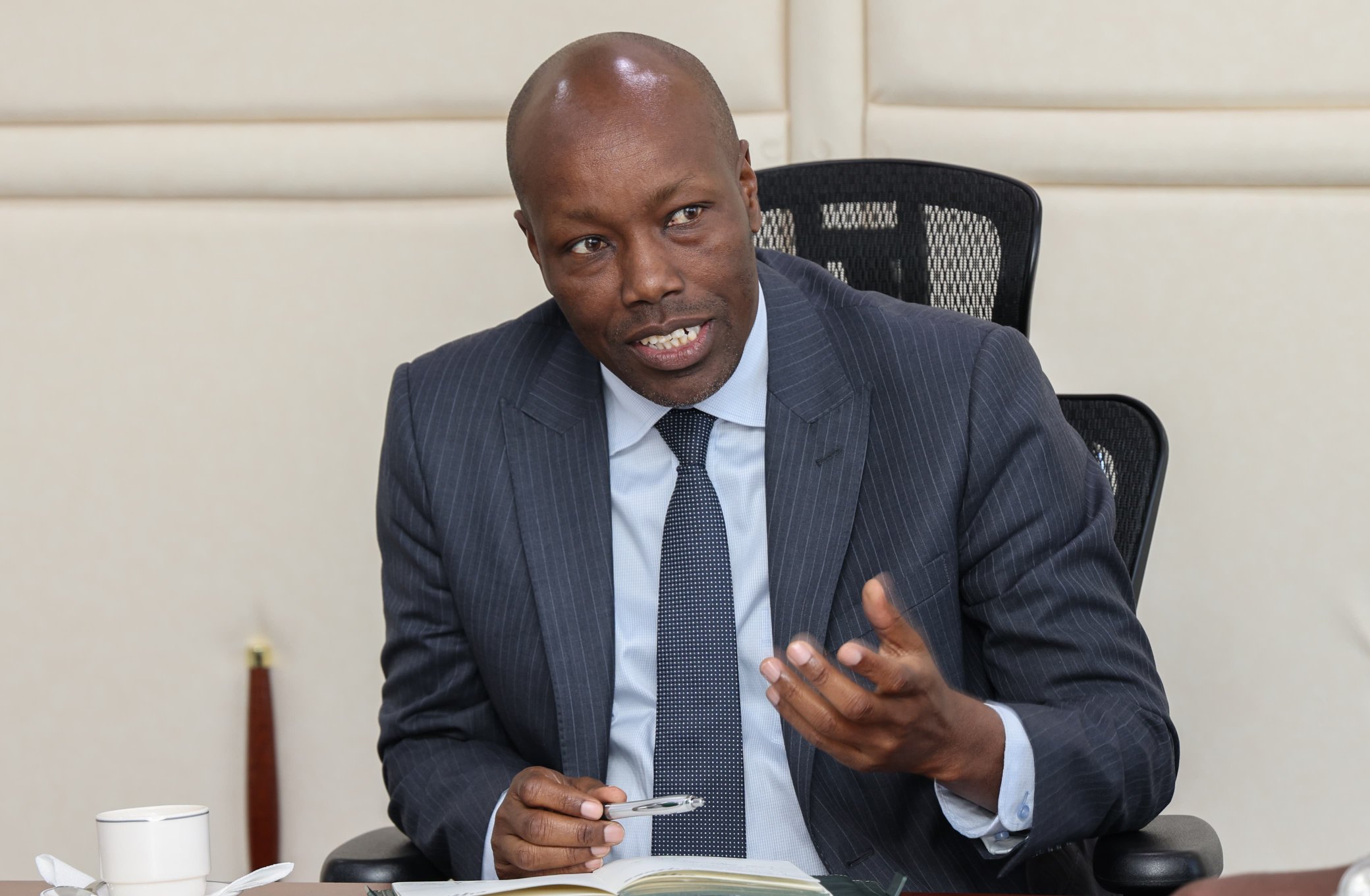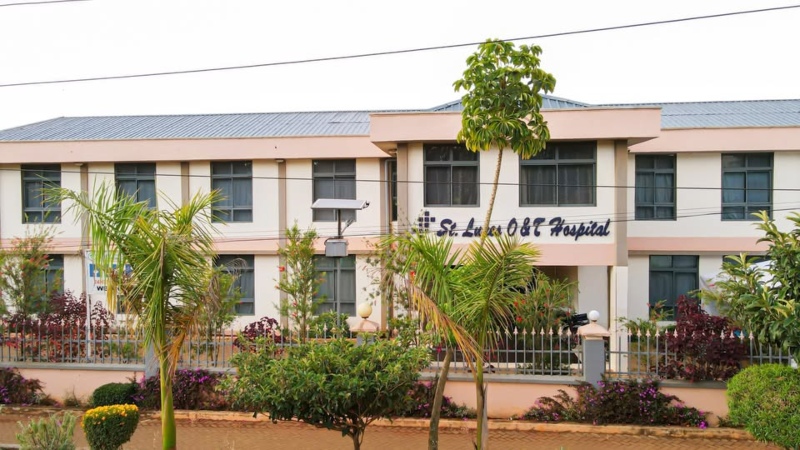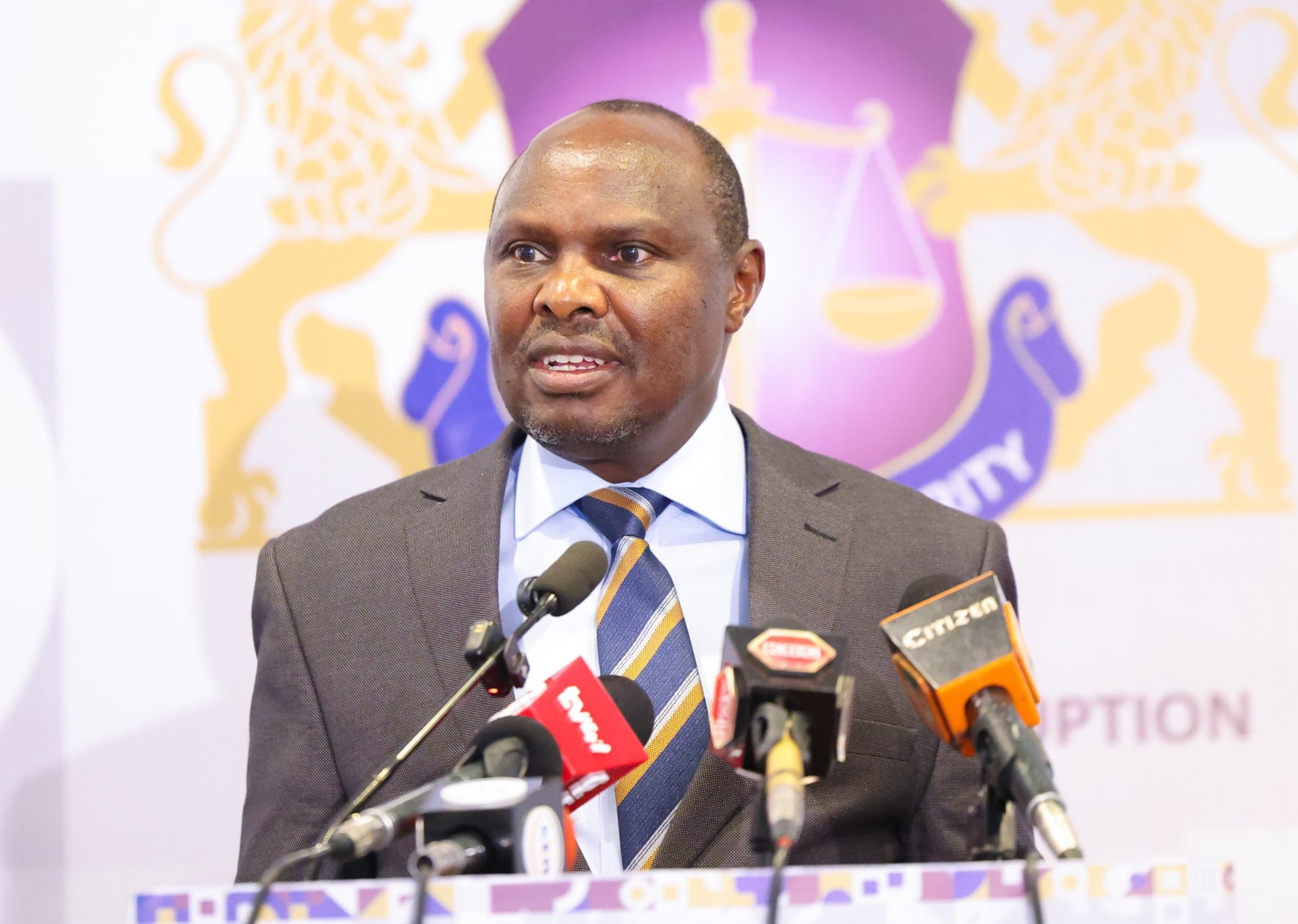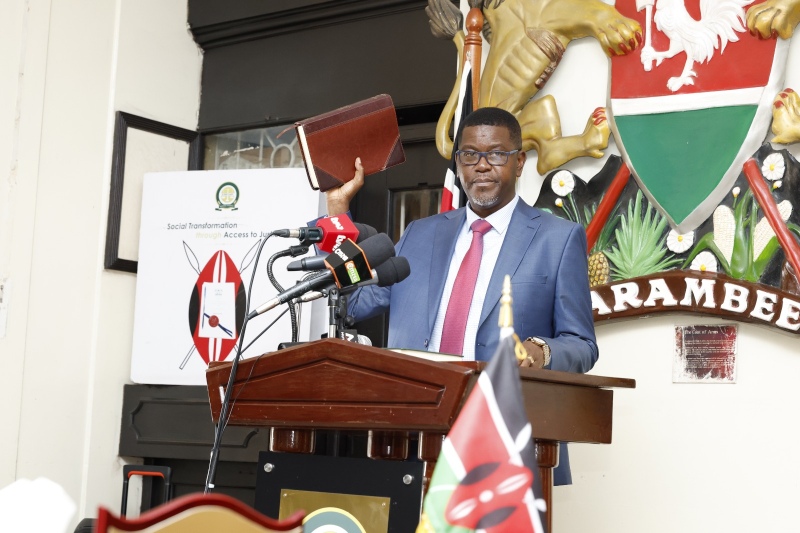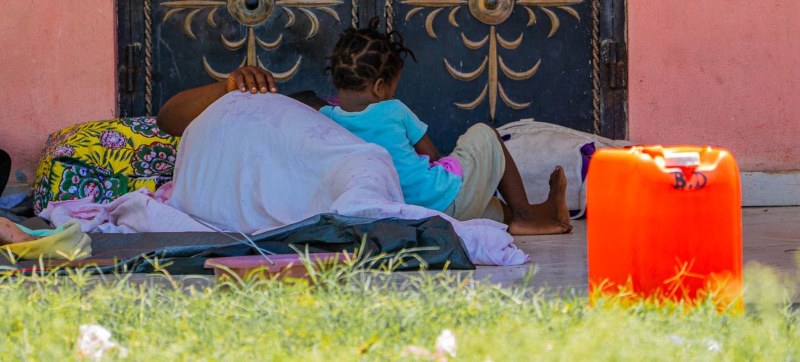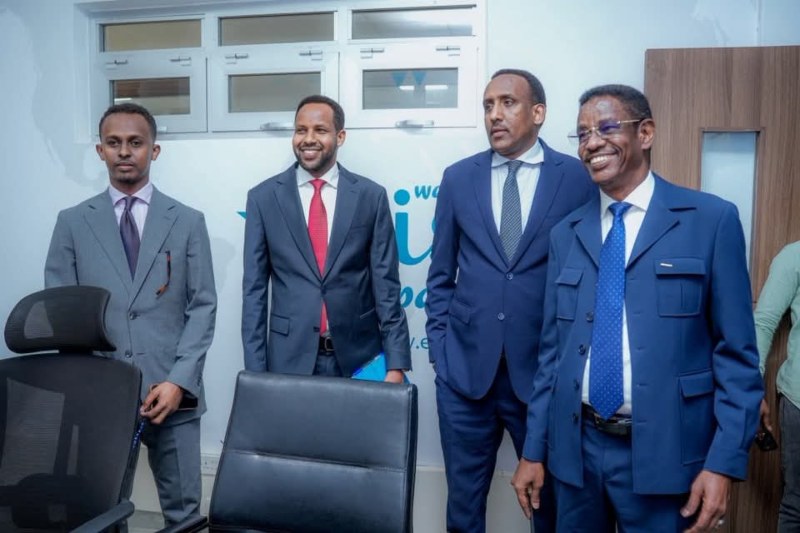How delay in picking IEBC commissioners has disenfranchised voters
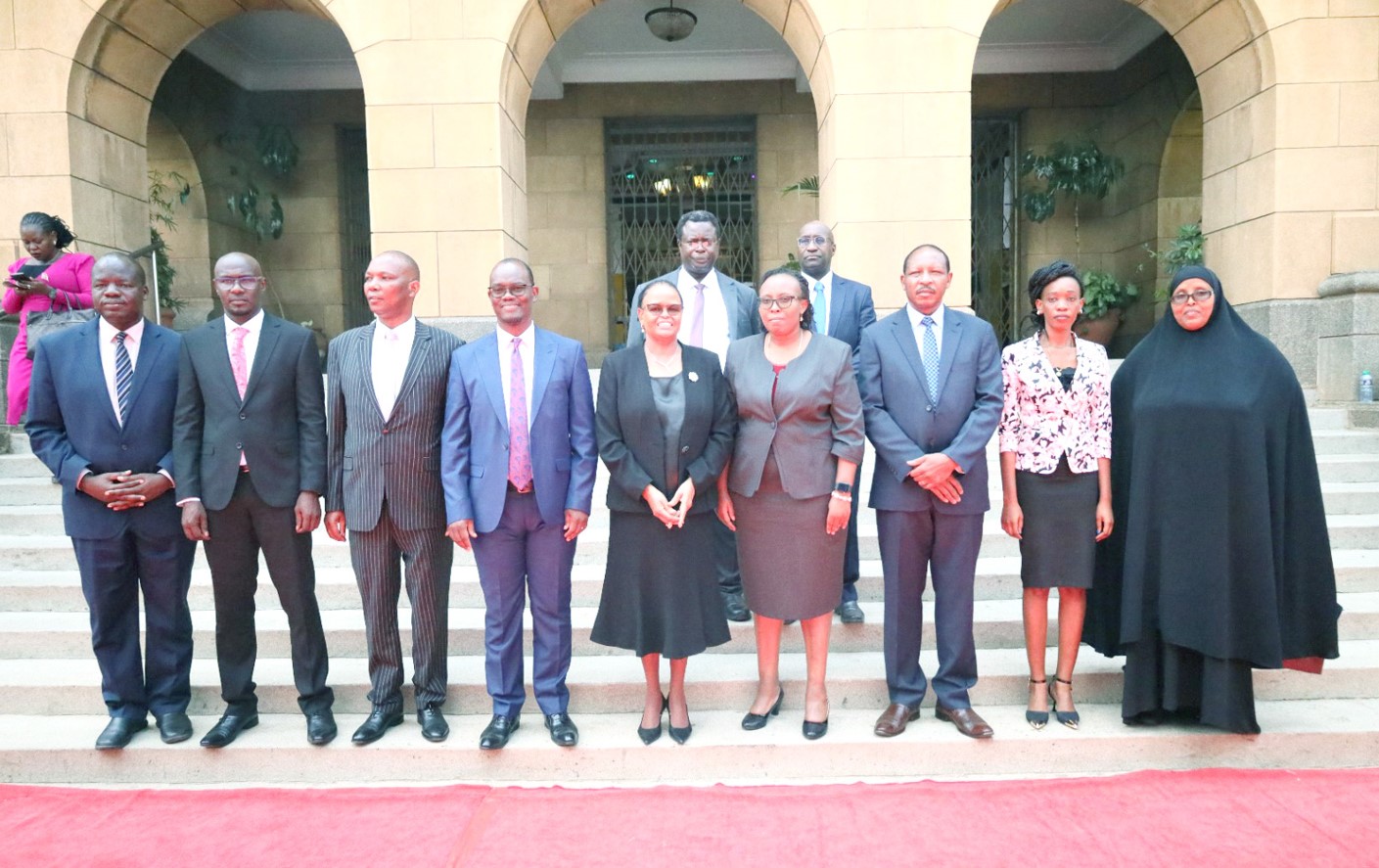
With no commissioners, IEBC cannot draw new boundaries, a crucial role whose deadline expired two months ago
For more than a year now, residents of Banissa Constituency in Mandera County have been waiting for a by-election to choose their representative to the National Assembly after their MP, Kullow Maalim Hassan, died in March last year.
Ordinarily, they would have had a new MP 90 days after Speaker Moses Wetang'ula declared the seat vacant in April last year.
More To Read
- KNCHR nominee admits victims’ compensation panel encroaches on commission
- IEBC announces resumption of continuous voter registration from September 29
- Raila slams IEBC, NPS and DPP, says they have failed Kenyans despite 2010 Constitution gains
- MPs call on IEBC to curb soaring election costs by regulating legal fees
- Amnesty backs Irungu Houghton's appointment to protest victims’ compensation panel
- Ruto appoints Faith Odhiambo to co-chair panel of experts on compensation of protest victims
But because of delays in reconstituting the electoral commission, Banissa's residents remain unrepresented in parliament.
The Independent Electoral and Boundaries Commission (IEBC) is in a constitutional crisis as it cannot conduct a by-election since it does not have the required number of commissioners. This is after its former chairperson, Wafula Chebukati, and commissioners Boya Molu and Abdi Guliye retired in January last year after their six-year terms expired.
Three others — former vice chairperson Juliana Cherera, Justus Nyang'aya, and Francis Wanderi —resigned after a controversy about the 2022 presidential election. Irene Masit was forced out by a tribunal over her role in the controversy.
The IEBC requires a quorum of more than three commissioners to carry out its functions, which include conducting by-elections. While the IEBC Act sets the quorum threshold at five commissioners, the Constitution dictates that more than half of the commissioners should be present.
The process to replace the former officials, which President William Ruto initiated 14 months ago, was delayed to await the results of the National Dialogue Committee (Nadco) talks between Ruto and Azimio leader Raila Odinga which touched on IEBC reforms.
But Wajir North MP Ibrahim Saney terms the decision to await the Nadco talks results as "unfair and absolutely unconstitutional".
"It is indeed an affront to democracy and the rule of law where the life of an independent commission is curtailed by the country's behaviour every five years. Who is to blame? The rot is a testament to how Kenya is divided by tribal politics," says Ibrahim.
There are no timelines within which the selection panel must complete its work. Ahead of the 2022 polls, High Court Judge Anthony Mrima ordered MPs to set timelines after a petition by the Law Society of Kenya and activist Okiya Omtatah, now Busia Senator.
Changes in the IEBC law gave the president more say in recruiting commissioners.
Law Society of Kenya President Faith Odhiambo has called for the recruitment to be expedited. She terms the current delay as "a deliberate and well-planned crisis".
"As a country, we need to have political coherence and have people working together to establish a commission that will conduct elections and consider boundaries impartially. The post-election violence is a real fear and we have to get it right but the commission ought to have been chosen by now," says Odhiambo.
Political analyst Dismas Mokua says there is a need to protect the rights of all Kenyans.
"While matters of national and public interests aligned to the Constitution take precedence, it is important to ensure that citizens' interests and aspirations are not frustrated. It is, therefore, incumbent on responsible officers as mandated by the Constitution to fast-track critical interventions and align the legislative framework to give Banissa voters the opportunity to participate and influence national conversations via their elected members of the National Assembly.
Banissa Constituency may be missing out on socio-economic development opportunities on account of non-representation at the National Assembly," says Mokua.
In February, the High Court declared the Nadco talks as "unfair and absolutely unconstitutional" and directed the selection panel to start the recruitment of new commissioners.
With no commissioners, IEBC cannot draw new boundaries, a crucial role whose deadline expired two months ago.
The law requires that boundary delimitation be done within intervals of eight to 12 years, with the last one having been done in 2012. The Constitution sets the number of constituencies at 290 and requires a review of boundaries and names based on their population to ensure equitable distribution of resources.
The law says the population of these units shall be as near as possible to the prescribed quota, which is calculated by dividing the country's population by 290.
The most recent census, conducted in 2019, revealed the country's population to have been 47,564,296, meaning that each constituency should have close to 164,015 inhabitants.
While the focus has mostly been on 40 constituencies that risk scrapping for failing to meet the required threshold, overpopulated constituencies also stand to lose. MPs from such constituencies have often lamented that they have been short-changed in the distribution of resources.
Among the counties likely to suffer include Kamukunji, whose current estimated population is beyond 300,000 people. The 2019 population census found that Kamukunji Sub-County had 268,276 people, meaning it warranted to be split into two.
Given the current crisis at IEBC, Mandera North MP Abdullah Bashir Sheikh has pushed for the amendment of Article 88 of the Constitution to allow the secretariat to conduct the commission's functions in case of a vacancy.
Given that boundaries review must be done a year before the general election for changes to take effect, not all is lost with the current stalled delimitation process.
The IEBC Bill, currently being considered by Parliament, promises radical changes in the commission and its selection panel. For instance, the proposed law wants the panel's membership to increase to nine members from seven, and with it, giving political parties more say in their selection.
Two slots within the panel shall be reserved for the Parliamentary Service Commission and will be filled by the majority and minority parties.
However, the Bill is already facing challenges in the National Assembly. The Justice and Legal Affairs Committee wants Parliament to amend it, against Azimio's insistence that it must be enacted without changes.
"Having a commission should not be pegged on Nadco. If other Bills fail, then we will not have the IEBC," says the LSK president.
Top Stories Today
